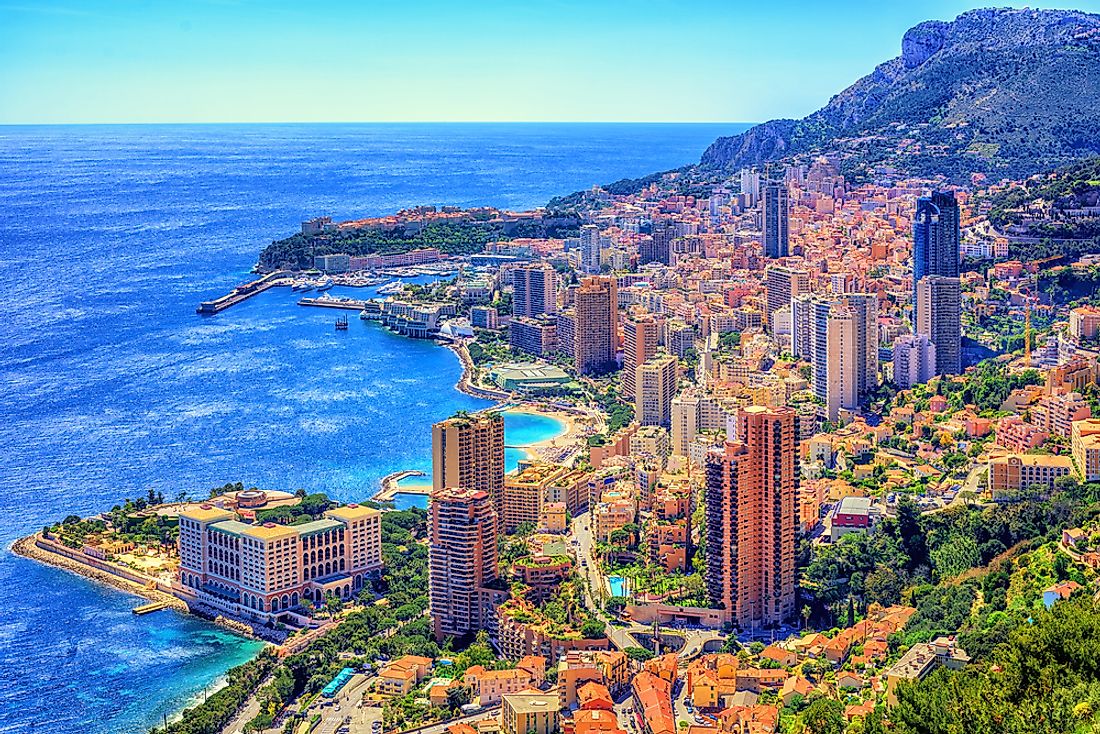Is Monaco A Country?

Officially known as the Principality of Monaco, Monaco is an independent city-state, microstate, and country located in Western Europe along the French Riviera. France borders Monaco on three sides, while the Mediterranean Sea forms the country's fourth border. The sovereignty of Monaco was officially acknowledged in 1861 after the signing of the Franco-Monegasque Treaty. Full voting powers as a member of the United Nations were granted in 1993. Although Monaco is independent, France is responsible for its defense. However, the city-state does have two military units. The capital city is Monaco. The state has an approximate area of about 0.78 square miles, had a population of 37,308 people in 2016, and its capital in Monaco. This area makes Monaco the world's second smallest nation, as well as the most densely populated country.
Government
Since 1911, Monaco has been governed as a constitutional monarchy. The Sovereign Prince of Monaco serves as the head of state, and the Minister of State serves as head of government. Until 2002, the Minister of State was a French citizen who was appointed by the prince upon the recommendation of the French government. However, 2002 reforms ensured that the minister could be from either France or Monaco.
Geography
The land border of Monaco is about 3.4 miles, while its coastline has a length of about 2.38 miles. With an elevation of about 539 feet above sea level, the entrance to the Patio Palace is the highest point in Monaco, while the Mediterranean Sea is the lowest point. The longest flowing water body is Saint-Jean, with a length of 0.12 miles, while the largest lake is Fontvieille, which has an area of 53,819.55 square feet. In recent years, Port Hercules was expanded, increasing Monaco’s total area. There are also plans to expand the district of Fontvieille.
Economy
Monaco’s economy is the second highest in the world, with a gross domestic product nominal per capita of $153,177 and a gross domestic product purchasing power parity of $132,571. The CIA World Factbook reports Monaco has some of the lowest poverty levels in the world and an unemployment rate of only 2%. One of the major economic sectors is tourism, which is largely the result of Monaco's beautiful sunny climate, as well as its casinos. In recent years, the banking sector, which has more than $116 billion in assets, has also prospered.
Most sectors, such as the postal service and the tobacco industry, are controlled by the state. However, the state has been relinquishing control in recent years. For example, the government gave up 55% of the telephone network to private firms. Despite not being a member of the European Union, Monaco’s close ties with France has enabled it to use the euro as a currency, although it also uses the Monegasque franc.
Demographics
French nationals make up the largest proportion of the population (28.4%), while Monégasques (citizens of Monaco) make up 21.6%. Other population groups in Monaco include Italians, British, Belgians, Germans, Swiss, and U.S. citizens. The official language in Monaco is French, although English, Italian, and vernacular languages are also spoken.











